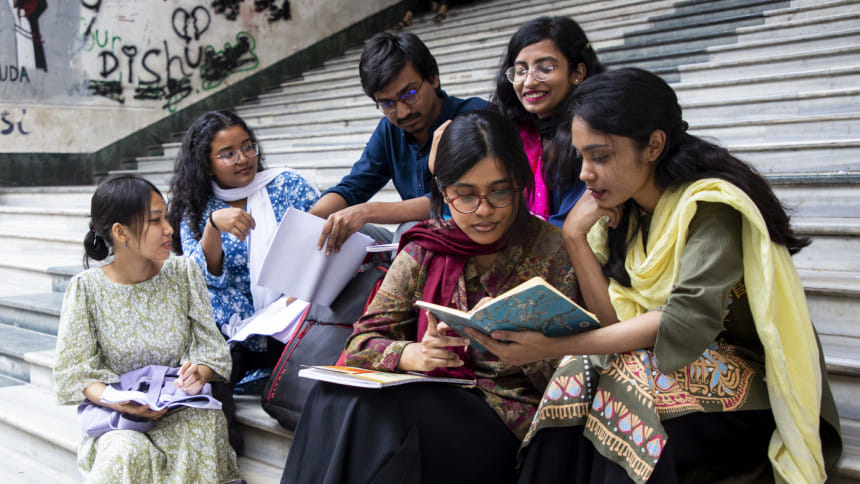Three tips for an effective group study session

The idea behind group study sessions always seems quite interesting in theory. However, it is only when you try to make the most of these sessions that you begin to realise that it's easier said than done. So, how exactly do you make a group study session effective?
Keep the group small
The smaller your study group, the less chaotic it's likely to get. Don't just have your friends or acquaintances over simply because they want to join. Make sure they can at least contribute in one manner or another.
Of course, there will always be those friends who might not know anything about the course or lesson at all. In such circumstances, make sure that they try their best to understand said course or lesson before joining the session. That way, they'll know what you or others in the group are talking about during the discussions.
Meet regularly and keep the sessions short
The American Psychological Association reports that if you have to study something for 12 hours, do it in segments of three hours each week over a period of four weeks. What it means is that you shouldn't cram everything into a single study session. The same goes for your group study. Instead of studying for four or five hours at a stretch, you can instead study two hours a day and meet up twice or thrice a week. Short study sessions ensure better focus. Meeting regularly will help you cover all the topics or subjects in an optimal manner.
Prepare an agenda and ask group members to come prepared
As discussed in an earlier point, everyone participating in the group study should try to contribute in one form or another. For instance, if you're studying Calculus, one or two members could help the others understand Integral Calculus while another member can help the group with Differential Calculus.
You can also decide on an agenda, like a set of problems or a common topic that you're all struggling with, and then hold the group session to discuss that particular topic.
However, even in this case, everyone should come prepared by trying their best to understand said topic or problem. Only then will the discussion be fruitful as everyone can share their insights and what they have understood.

 For all latest news, follow The Daily Star's Google News channel.
For all latest news, follow The Daily Star's Google News channel. 









Comments